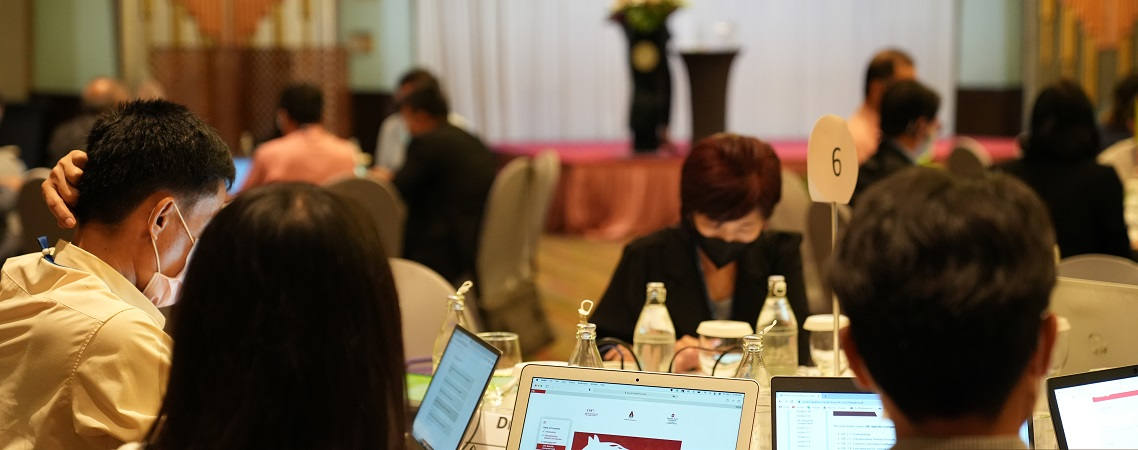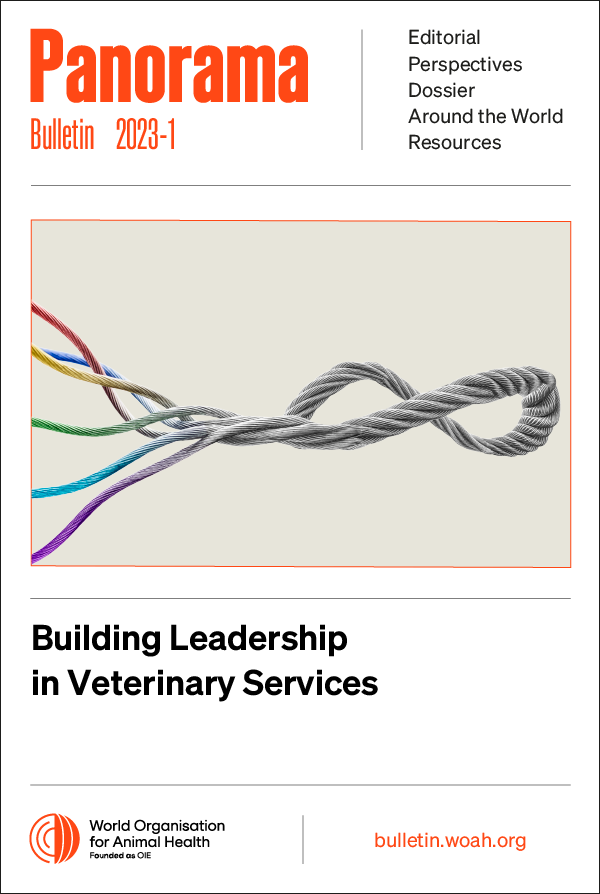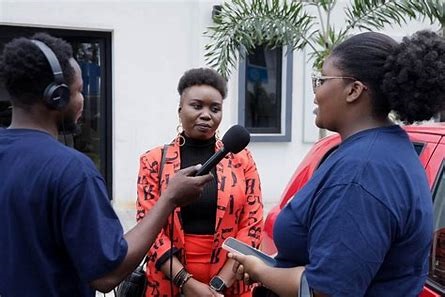Around the world Posted on 2023-02-22 15:54:31
Network initiatives
The Assessment and Implementation of Day-1 Competencies (AID-1C) in veterinary education
A scalable and repeatable methodology
Keywords
Authors
Samantha Swisher (1), Andrea Bessler (1), Aminata Kalley (1), Ivana Grozdic (1), Amanda Berrian (1)* & Armando E. Hoet (1)*
(1) Veterinary Public Health Program, College of Veterinary Medicine / College of Public Health, The Ohio State University, Columbus, Ohio, United States of America.
* Corresponding authors: A. Berrian; A.E. Hoet.
The designations and denominations employed and the presentation of the material in this article do not imply the expression of any opinion whatsoever on the part of WOAH concerning the legal status of any country, territory, city or area or of its authorities, or concerning the delimitation of its frontiers and boundaries.
The views expressed in this article are solely the responsibility of the author(s). The mention of specific companies or products of manufacturers, whether or not these have been patented, does not imply that these have been endorsed or recommended by WOAH in preference to others of a similar nature that are not mentioned.
In October 2022, the OSU VPH Program representatives (Dr Amanda Berrian, Associate Director; Dr Samantha Swisher, Resident; Dr Andrea Bessler, Resident; and Dr Aminata Kalley, Resident) facilitated Curriculum Assessment Workshops at three veterinary schools in South-East Asia:
- Khon Kaen University (KKU), Thailand
- Royal University of Agriculture (RUA), Cambodia
- University of the Philippines Los Baños (UPLB), the Philippines.
The workshops, which included 213 assessors and 39 observers from 7 countries and 41 veterinary schools, were part of the Assessment and Implementation of Day-1 Competencies (AID-1C) methodology, developed through the Veterinary Education Twinning Programme with the University of Gondar in Ethiopia and led by VPH Program Director, Dr Armando Hoet (2015–2022) [1]. Today, the AID-1C methodology is a component of the Day-1 Platform for Veterinary Education, a collaboration with the Center for Food Security and Public Health (CFSPH) at Iowa State University, and managed at OSU by Dr Amanda Berrian. The Day-1 Platform is an open, online platform for high-quality teaching materials designed for use by veterinary schools in low- and middle-income countries.
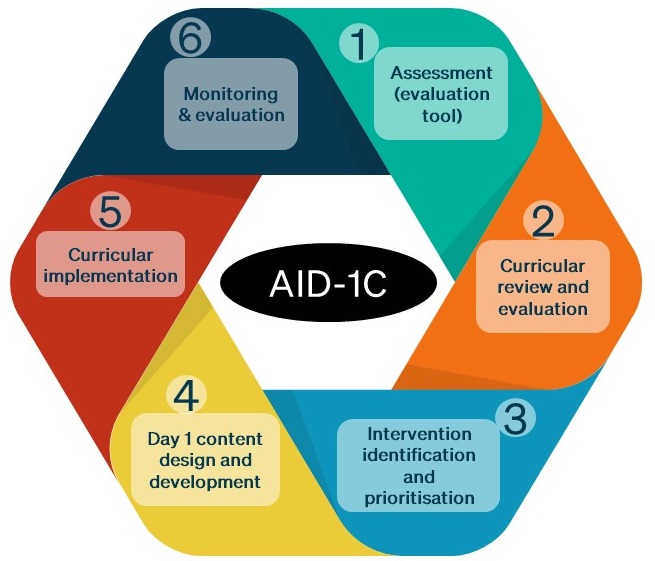
During the Curriculum Assessment Workshops, input is collected from faculty members, recent graduates, current students, employers, and other stakeholders of the veterinary school being assessed, using an online Evaluation Tool. The Evaluation Tool uses the WOAH Recommendations on the Competencies of Graduating Veterinarians and Veterinary Education Core Curriculum Guidelines as a framework, assessing 156 topics under 19 specific and advanced competencies related to veterinary public health and preventative medicine. The competencies emphasise the importance of veterinarians as integral partners in the implementation of One Health, promoting health at the interface of humans, animals, plants and the environment.
In Thailand (6–7 October), 81 participants contributed to the assessment of the KKU veterinary curriculum, including stakeholders from both the public and private sectors. Additionally, 21 observers from other Thai and regional veterinary schools (Laos, Vietnam) took part so that they could learn the methodology and apply it at their own institutions in the near future. One observer noted, ‘This workshop at KKU improved my vision to get insights [into] the methods and goals of assessment, which will potentially be applied to develop my institute.’
In the Philippines (11–13 October), 79 attendees took part in the assessment of the UPLB veterinary curriculum. The event was hosted in Manila and, in addition to UPLB stakeholders, included 18 observers from other institutions in the Philippines, Indonesia, and Malaysia. Participants shared their perspective on the activity:
- ‘The entire event was very informative, and we got to share ideas and knowledge with our colleagues.’
- ‘The Curriculum Assessment Workshop is a big help in the improvement and updating of the veterinary medicine curriculum. If the changes or adjustments in the curriculum push through, the veterinary student will have a chance to be exposed to what is actually happening in the field.’
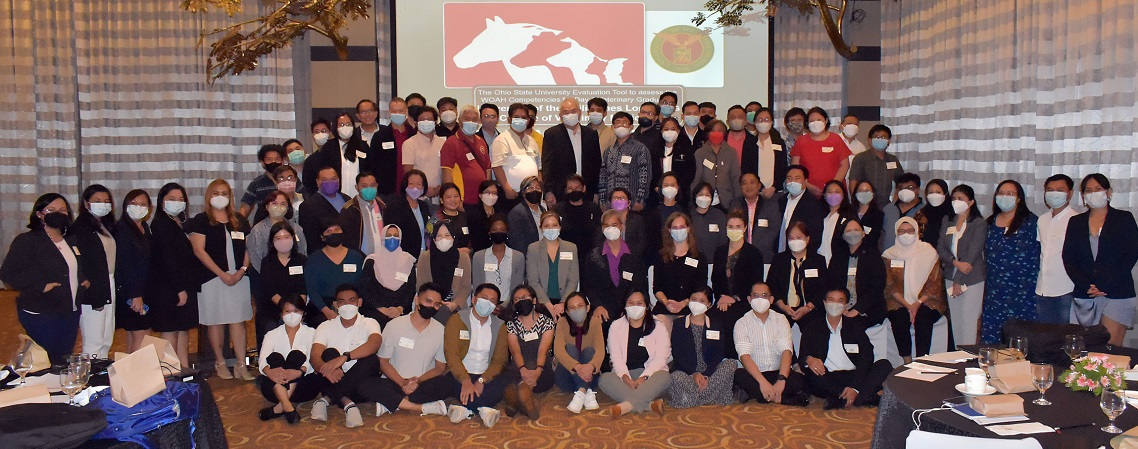
© Fernando P. Micosa
In Cambodia (11–13 October), 53 participants evaluated the veterinary curriculum at the RUA. To accommodate the needs and preferences of the implementing institution, the Evaluation Tool was translated into Khmer and administered using paper forms (pictured). A participant in the RUA workshop noted, ‘This workshop is so good and useful for development [of the] capacity [of] veterinary medicine in Cambodia.’
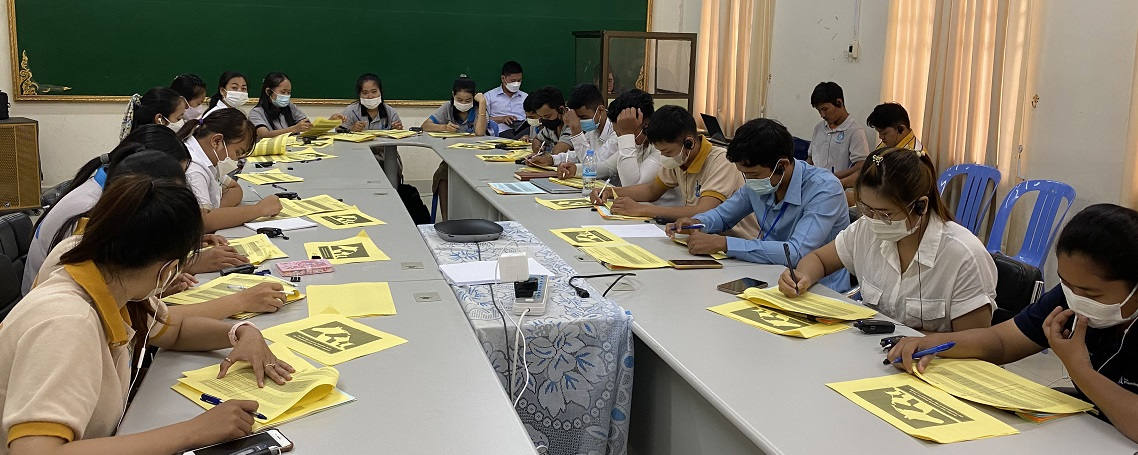
© Andrea Bessler
In addition to the main assessment workshops held by each veterinary school, the OSU team organised town hall-style meetings to survey students in the last years of their programme. This activity used the same Evaluation Tool but a different format and dynamics to create an environment where students can discuss the topics and ask clarifying questions. One student noted, ‘It was well organised and systematic. I was forced to think and assess our curriculum carefully, and I think this was a really productive event.’
Data collected from the workshops are currently being analysed to identify each programme’s strengths and potential gaps in the curriculum with regard to the WOAH Day-1 Competencies. Each university will receive a customised Curriculum Evaluation Report to inform the next phase of the AID-1C process, including the prioritisation of possible interventions and development of an action plan to address deficiencies.
In addition to informing the curriculum review process, the WOAH Sub-Regional Representation for South-East Asia has endorsed the OSU Evaluation Tool as part of the AVSBN Accreditation Standards. These assessments will help to ensure harmonisation across ASEAN Member States and facilitate the mobility of veterinarians within the region.
Dr David Sherman, Programme Coordinator of the Veterinary Education Establishment Twinning Programme under the WOAH Capacity Building Department, indicated that, to date, 12 Veterinary Education Establishment Twinning Projects supported by WOAH have been completed. All these projects have produced tangible benefits in curriculum reform and improved teaching methodologies. The success of the twinning project between Ohio State University and the University of Gondar is especially noteworthy [1]. Not only did the two partners achieve all of their intended objectives for curriculum reform but, thanks to the strong commitment of key stakeholders in Ethiopia, the improvements developed at Gondar as a result of the twinning project are now being adopted by all veterinary faculties in Ethiopia. Moreover, the tools developed for curriculum assessment during this project are now being applied throughout South-East Asia, in collaboration with the WOAH sub-regional office in Bangkok. From the WOAH perspective, this twinning project has been a remarkable success.
https://doi.org/10.20506/bull.2023.1.3390
References
- Hoet A.E., Feyes E.E., Fentie T., Melaku A., Nigatu S., Tomasi S., Coniglio R., O’Quin J., Stull J.W., Gebreyes W. & Berrian A.M. (2020). – Development of an OIE harmonized Day 1 Competency-Based Veterinary School Curriculum in Ethiopia: A partnership model for curriculum evaluation and implementation. J. Vet. Med. Educ., 47, s1, 8–19. https://doi.org/10.3138/jvme-2019-0115.




